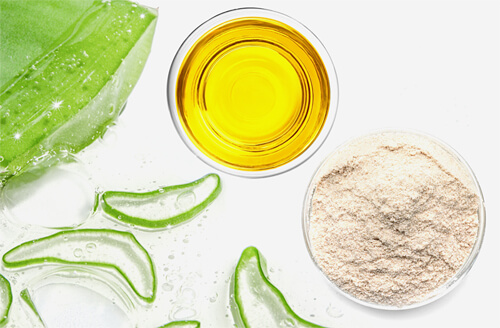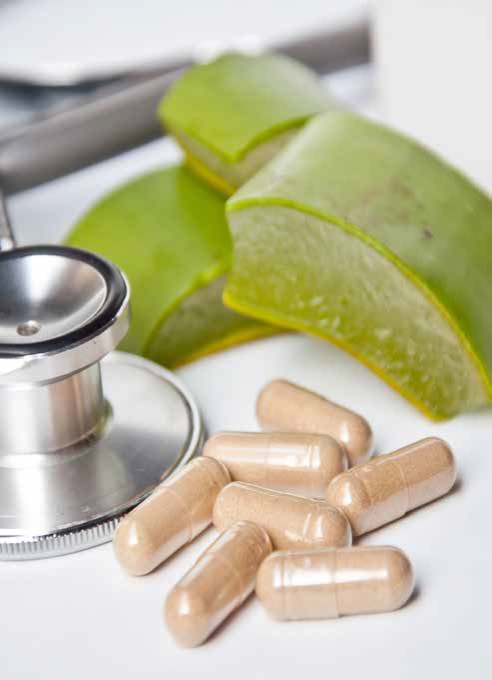Author: Marios Spanakis, Ioannis Vizirianakis, Ioannis Niopas
modulation of P-glycoprotein function by Aloe vera juice in Caco-2 cells, Aloe vera exhibited the capability to inhibit P-gp thus raising the possibility of the emergence of adverse drug reactions (ADRs), P-glycoprotein (P-gp), an ABC-transporter encoded by ABCB1 gene in humans localized in small intestine, is responsible for the active efflux of several xenobiotics including a wide number of drugs influencing their bioavailability, P-gp function is modulated via inhibition or induction which is causally related to several cases of clinically relevant drug-drug, drug-herb and/or drug-food interactions, Caco-2 cells are expressing P-gp protein and represent a well-documented in vitro model for permeability studies, the capacity of commercially available Aloe vera juice (AV) to modulate permeability of the P-gp substrate, Rhodamine-123, (Rho-123) in Caco-2 cells, Rhodamine-123 is been transported from the intracellular, environment exclusively through the efflux function of P-gp, the presence of Aloe vera extracts on Caco-2 cells lead to reduction of both the permeability and the cumulative transport of Rho-123 from basolateral to apical side with a dose dependent manner, Aloe vera extract in concentrations of 0.05 mg/ml and 0.1 mg/ml reduced TEER values of the Caco-2 membrane in a range up to 40% of the initial value upon exposure of cells for 120 min and/or 180min, Besides the decrease of the TEER values, paracellular transport of Rho-123 did not seem to occur (Figures 4 and since TEER values remained over 400?/cm2 during transepithelial experiments, the results presented reveal a capability of Aloe vera extracts to modulate P-gp function in a dose dependent manner by influencing the extend of transport of Rhodamine123 through Caco-2 cell monolayer cultures, further work is needed in order to more thoroughly delineate the effects of Aloe vera on P-gp function and evaluate the clinical relevance of possible interactions with drugs.










